Home>Gardening & Outdoor>Outdoor Recreation & Activities>How To Keep Wasps Away From A Swimming Pool
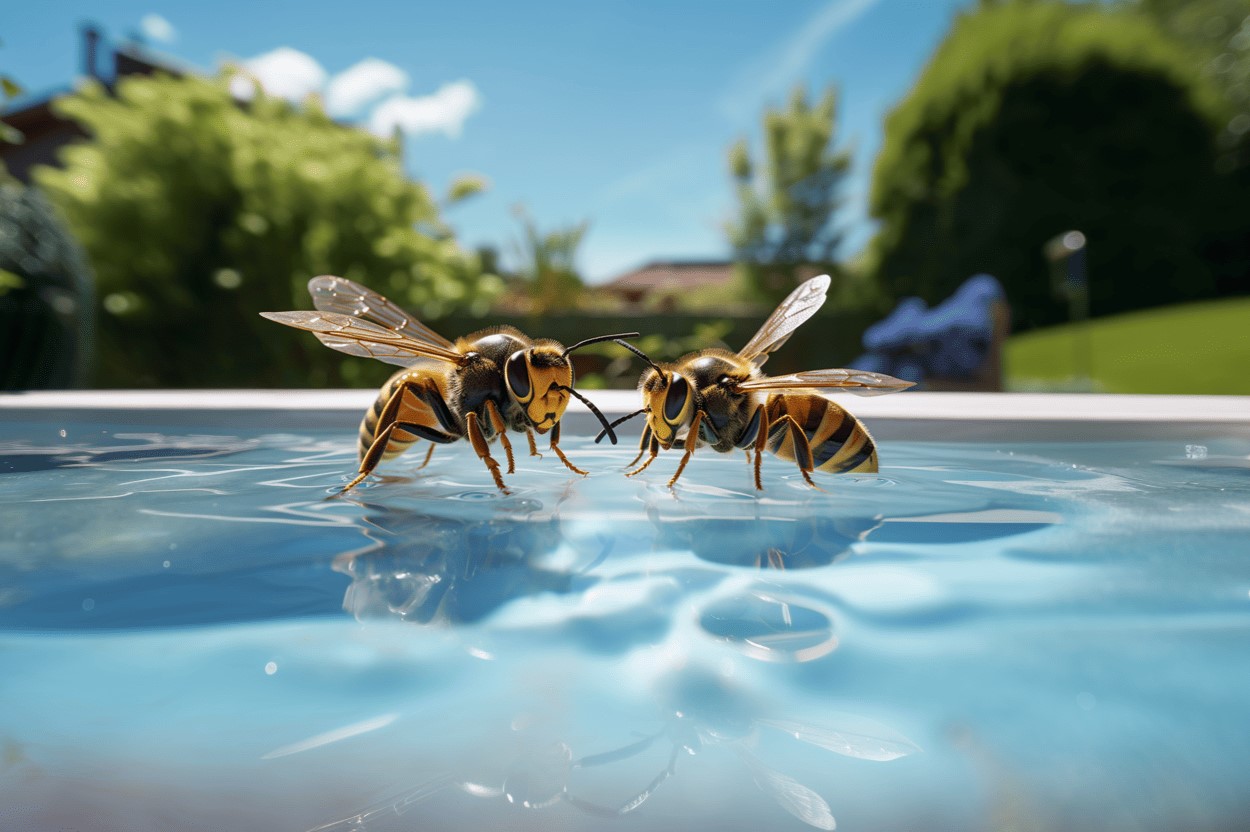

Outdoor Recreation & Activities
How To Keep Wasps Away From A Swimming Pool
Published: February 18, 2024
Learn effective strategies to keep wasps away from your swimming pool and enjoy outdoor recreation and activities without any interruptions. Discover tips and tricks to create a wasp-free environment for a relaxing and enjoyable outdoor experience.
(Many of the links in this article redirect to a specific reviewed product. Your purchase of these products through affiliate links helps to generate commission for Storables.com, at no extra cost. Learn more)
Introduction
When the sun is shining and the temperature is just right, there's nothing quite like taking a refreshing dip in a sparkling swimming pool. However, the idyllic scene can quickly turn sour when uninvited guests in the form of wasps decide to crash the party. These buzzing insects are not only a nuisance but can also pose a threat to those enjoying the pool. Fortunately, there are effective ways to keep wasps at bay and ensure that your pool remains a peaceful oasis for relaxation and fun.
Wasps are attracted to swimming pools for various reasons, including the presence of water, food sources such as fallen fruits or sugary drinks, and the opportunity to build nests in nearby structures. Their presence can disrupt the tranquility of the pool area and create a potential hazard for swimmers, especially those who are allergic to wasp stings. Therefore, it's essential to take proactive measures to deter these insects and maintain a safe and enjoyable environment for everyone.
In this comprehensive guide, we will explore the behavior of wasps, natural methods to keep them away from the pool, the use of commercial repellents, and the importance of maintaining the pool area to minimize attractants. By implementing the strategies outlined in this article, you can reclaim your pool area from unwanted wasp intruders and create a serene and inviting space for relaxation and recreation. Let's dive into the world of wasp deterrence and discover how to enjoy your pool without the buzz of unwelcome visitors.
Key Takeaways:
- Keep wasps away from your pool by using natural methods like citrus repellents, peppermint oil, and wasp-repelling plants. Also, consider commercial repellents and maintaining a clean pool area to deter these buzzing visitors.
- Create a tranquil pool environment by understanding wasp behavior and implementing proactive measures. Use natural and commercial repellents, maintain the pool area, and enjoy a peaceful and enjoyable pool experience without the buzz of unwelcome visitors.
Understanding Wasps
Wasps are flying insects that belong to the order Hymenoptera and are known for their distinctive slender bodies, narrow waists, and formidable stingers. They are often mistaken for bees due to their similar appearance, but unlike bees, wasps have smooth bodies and are capable of stinging repeatedly. These versatile insects play a crucial role in ecosystems as they are natural predators of various pests and contribute to pollination. However, their presence near swimming pools can be a cause for concern.
There are various species of wasps, with some of the most common being paper wasps, yellowjackets, and hornets. Each species exhibits unique behaviors and nesting habits, but they share a common attraction to certain environmental factors that make swimming pools an appealing destination. Wasps are drawn to water sources for hydration, making a pool an ideal spot for quenching their thirst. Additionally, they are opportunistic feeders and are attracted to sugary substances, ripe fruits, and even the residue from food and drinks left in the pool area.
Understanding the behavior and preferences of wasps is essential for devising effective strategies to keep them away from the pool. By recognizing their attraction to water, food, and potential nesting sites, pool owners can implement targeted measures to deter these insects and minimize the risk of encounters that could lead to stings. With a deeper understanding of the habits and tendencies of wasps, it becomes possible to create an environment that is less inviting to these buzzing visitors, allowing pool-goers to enjoy their time without the unwelcome presence of these stinging insects.
Natural Ways to Keep Wasps Away
When it comes to deterring wasps from congregating around your swimming pool, natural methods offer an effective and environmentally friendly approach. By leveraging the scents, plants, and structures that wasps find unappealing or disruptive, you can create a deterrent that encourages these insects to seek alternative locations, leaving your pool area free from their presence. Here are some natural ways to keep wasps away:
1. Citrus Repellent
Wasps have a strong aversion to citrus scents, making citrus-based repellents an excellent natural deterrent. You can create a simple citrus spray by mixing water with a few drops of lemon or orange essential oil. Spritzing this solution around the pool area, focusing on potential entry points and nesting sites, can discourage wasps from lingering in the vicinity.
2. Peppermint Oil
The potent aroma of peppermint oil is highly effective in repelling wasps. Dilute a few drops of peppermint oil in water and use a spray bottle to apply the solution around the pool perimeter and any areas where wasps may be inclined to build nests. The refreshing scent of peppermint will deter wasps while leaving a pleasant fragrance in the air for humans to enjoy.
Read more: What Will Keep Wasps Away From My Patio
3. Wasp-Repelling Plants
Strategically planting certain herbs and flowers known for their natural wasp-repelling properties can help create a protective barrier around the pool. Plants such as spearmint, thyme, eucalyptus, and marigolds emit scents that deter wasps. By incorporating these plants into the landscaping around the pool, you can harness their natural repellent qualities to discourage wasps from approaching.
4. Decoy Nests
Wasps are territorial insects and will avoid areas where they detect the presence of other colonies. By hanging up decoy wasp nests, which are readily available for purchase, you can trick visiting wasps into believing that the territory is already claimed. This can dissuade them from establishing their own nests in the vicinity, effectively deterring them from frequenting the pool area.
5. Keep Food and Drinks Covered
One of the most effective ways to prevent wasps from being attracted to the pool area is to minimize the availability of food and sugary substances. Ensure that all food and drinks are kept covered when not in use, and promptly clean up any spills or food remnants. By eliminating potential food sources, you can significantly reduce the appeal of the pool area to foraging wasps.
By incorporating these natural methods into your pool maintenance routine, you can create an environment that is less inviting to wasps, thereby minimizing their presence and ensuring a more enjoyable and peaceful experience for all who frequent the pool.
Using Commercial Repellents
In addition to natural remedies, commercial repellents offer a convenient and potent solution for keeping wasps away from swimming pools. These specially formulated products are designed to deter wasps effectively, providing an extra layer of defense against these persistent insects. When selecting a commercial repellent, it is essential to choose a product that is safe for use around swimming areas and does not pose a risk to humans or pets. Here are some effective commercial repellents that can help maintain a wasp-free pool environment:
-
Wasp Repellent Sprays: Commercial wasp repellent sprays are designed to create a barrier that deters wasps from approaching specific areas. These sprays typically contain ingredients that are unpleasant to wasps, such as peppermint oil, lemongrass oil, or other natural deterrents. When applied around the pool perimeter, entry points, and potential nesting sites, these sprays can effectively discourage wasps from lingering in the vicinity.
-
Wasp Traps: Wasp traps are another commercial solution for managing wasp populations around the pool area. These traps utilize attractants to lure wasps into a containment chamber, where they become trapped and unable to escape. By strategically placing these traps in areas where wasp activity is observed, pool owners can significantly reduce the number of wasps present, creating a more peaceful environment for pool enjoyment.
-
Wasp Repellent Candles: Specially designed candles infused with natural repellent oils, such as citronella, lemongrass, or eucalyptus, can help keep wasps at bay while adding a pleasant ambiance to the pool area. These candles emit scents that are unappealing to wasps, effectively discouraging their presence. By strategically placing these candles around the pool, especially during outdoor gatherings, pool owners can create a deterrent that enhances the overall experience.
-
Ultrasonic Wasp Repellers: Ultrasonic devices emit high-frequency sound waves that are disruptive to wasps, deterring them from entering the protected area. These devices are designed to be safe for humans and pets while effectively repelling wasps. By placing ultrasonic repellers strategically around the pool area, pool owners can create a zone that is unattractive to wasps, reducing the likelihood of encounters.
When using commercial repellents, it is important to follow the manufacturer's instructions carefully to ensure safe and effective application. By incorporating these commercial repellents into the overall pest management strategy for the pool area, pool owners can enjoy a more tranquil and wasp-free environment, enhancing the overall pool experience for everyone.
Read more: How To Keep Wasps And Yellow Jackets Away
Maintaining the Pool Area
Maintaining a clean and well-kept pool area is essential for deterring wasps and creating an inviting environment for swimmers and sunbathers. By implementing regular maintenance practices and addressing potential attractants, pool owners can significantly reduce the likelihood of wasps congregating near the pool. Here are key strategies for maintaining the pool area to minimize the presence of wasps:
-
Regular Cleaning: Keeping the pool and its surroundings clean is paramount in deterring wasps. Remove fallen leaves, debris, and any standing water around the pool, as these can serve as water sources for wasps. Regularly skim the pool surface and clean out the skimmer baskets to prevent the accumulation of organic matter that may attract insects.
-
Proper Waste Management: Dispose of garbage, food scraps, and organic waste in sealed containers with tight-fitting lids. Wasps are attracted to food remnants and decaying organic matter, so proper waste management is crucial in minimizing their presence. Regularly empty and clean outdoor trash receptacles to prevent odors and residues that may attract wasps.
-
Seal Potential Entry Points: Inspect the pool area for potential entry points that may provide access to wasps seeking shelter or nesting sites. Seal any gaps, cracks, or openings in structures, fences, and outdoor furniture to prevent wasps from establishing nests in close proximity to the pool.
-
Trim Vegetation: Keep vegetation around the pool area well-trimmed and maintained. Overgrown plants and shrubs can provide nesting sites and shelter for wasps. Regularly prune trees, bushes, and hedges to minimize potential nesting areas and create a more open and less hospitable environment for wasps.
-
Regular Pool Maintenance: Ensure that the pool is properly maintained and balanced to prevent the accumulation of algae and debris, which can attract insects, including wasps. Regularly clean the pool filters, maintain appropriate chlorine levels, and address any issues with standing water to minimize attractants for pests.
-
Professional Pest Control: Consider enlisting the services of a professional pest control provider to assess the pool area and implement targeted pest management strategies. Pest control experts can identify potential vulnerabilities and recommend proactive measures to minimize the presence of wasps and other pests.
By incorporating these maintenance practices into the routine care of the pool area, homeowners can create an environment that is less conducive to wasp activity. A well-maintained pool area not only enhances the overall aesthetic appeal of the outdoor space but also contributes to a more enjoyable and pest-free experience for those who frequent the pool.
Conclusion
In conclusion, maintaining a wasp-free environment around a swimming pool is not only essential for the comfort and safety of those enjoying the pool but also contributes to a more enjoyable outdoor experience. By understanding the behavior of wasps and implementing proactive measures, pool owners can effectively deter these insects and create a tranquil and inviting space for relaxation and recreation.
The natural methods discussed, such as using citrus repellents, peppermint oil, wasp-repelling plants, and decoy nests, offer environmentally friendly and sustainable ways to discourage wasps from congregating around the pool. These methods not only minimize the presence of wasps but also contribute to the overall aesthetic appeal of the pool area, enhancing the outdoor ambiance.
Additionally, the use of commercial repellents, including sprays, traps, candles, and ultrasonic devices, provides an extra layer of defense against wasps. When used in conjunction with natural remedies, these commercial products offer a comprehensive approach to managing wasp activity around the pool, ensuring a more peaceful and enjoyable environment for all.
Furthermore, maintaining the pool area through regular cleaning, proper waste management, sealing potential entry points, trimming vegetation, and professional pest control services plays a crucial role in minimizing attractants and creating a less hospitable environment for wasps. These maintenance practices not only deter wasps but also contribute to the overall cleanliness and appeal of the pool area.
By combining these strategies and maintaining a proactive approach to pest management, pool owners can reclaim their pool area from unwanted wasp intruders and create a serene and inviting space for relaxation and recreation. With a well-executed plan that incorporates natural, commercial, and maintenance-based strategies, pool owners can enjoy their pool without the buzz of unwelcome visitors, ensuring a safe and enjoyable experience for all who frequent the pool.
In essence, by implementing the insights and strategies outlined in this guide, pool owners can transform their pool area into a peaceful oasis, free from the nuisance and potential hazards posed by wasps, allowing everyone to fully savor the pleasures of poolside leisure and recreation.
Frequently Asked Questions about How To Keep Wasps Away From A Swimming Pool
Was this page helpful?
At Storables.com, we guarantee accurate and reliable information. Our content, validated by Expert Board Contributors, is crafted following stringent Editorial Policies. We're committed to providing you with well-researched, expert-backed insights for all your informational needs.
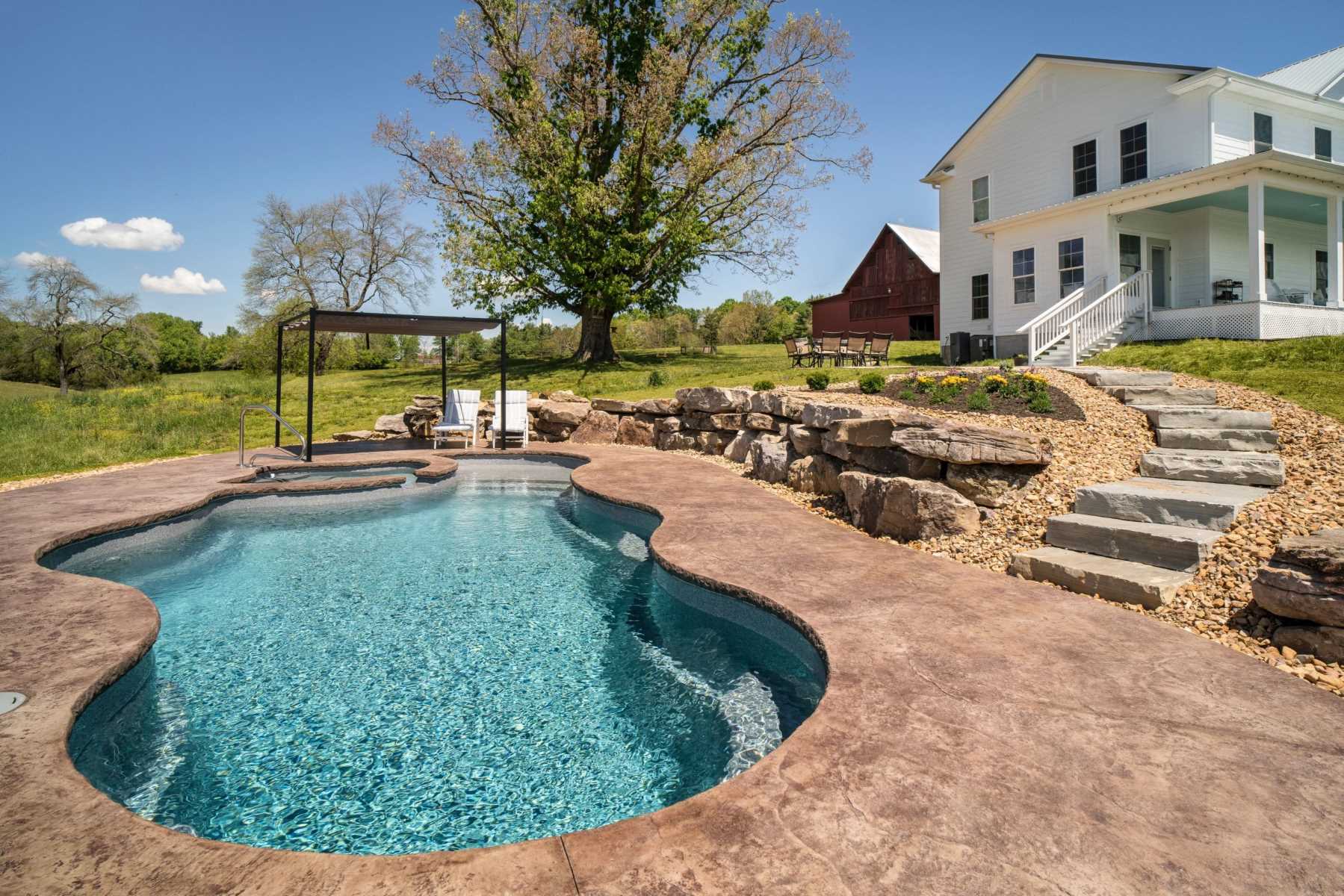
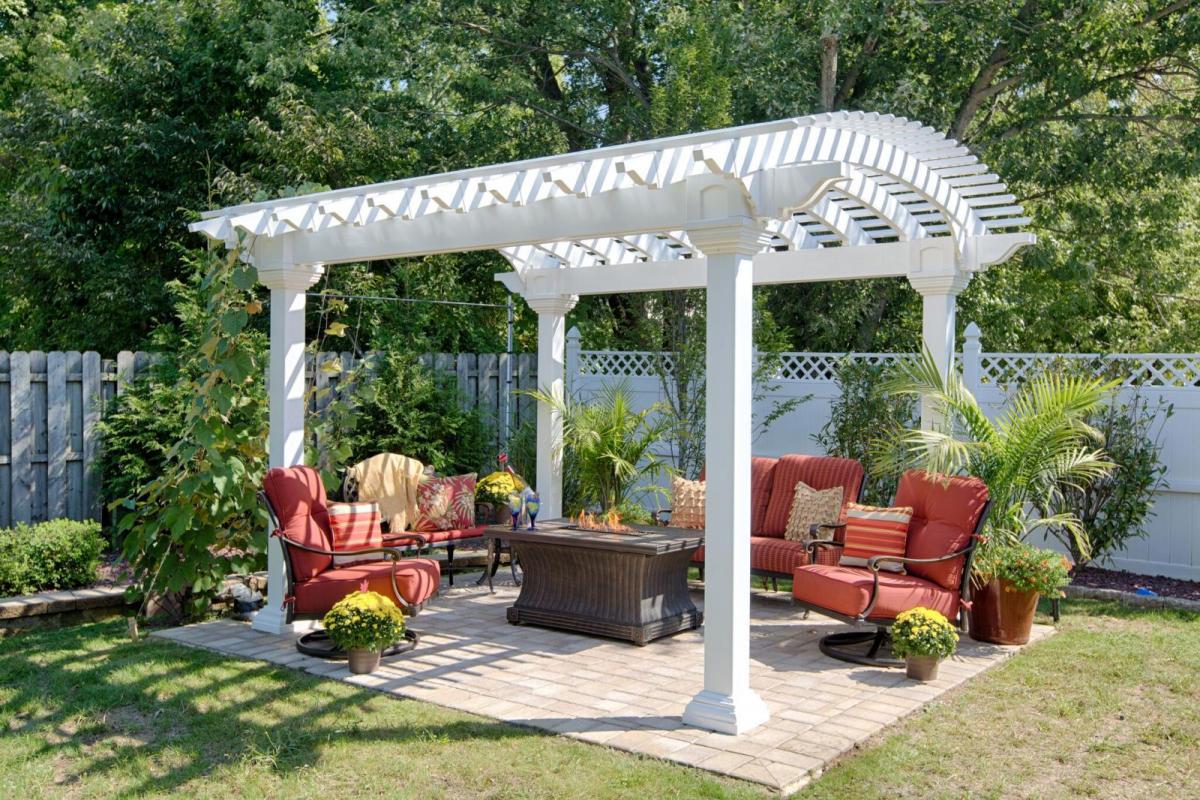
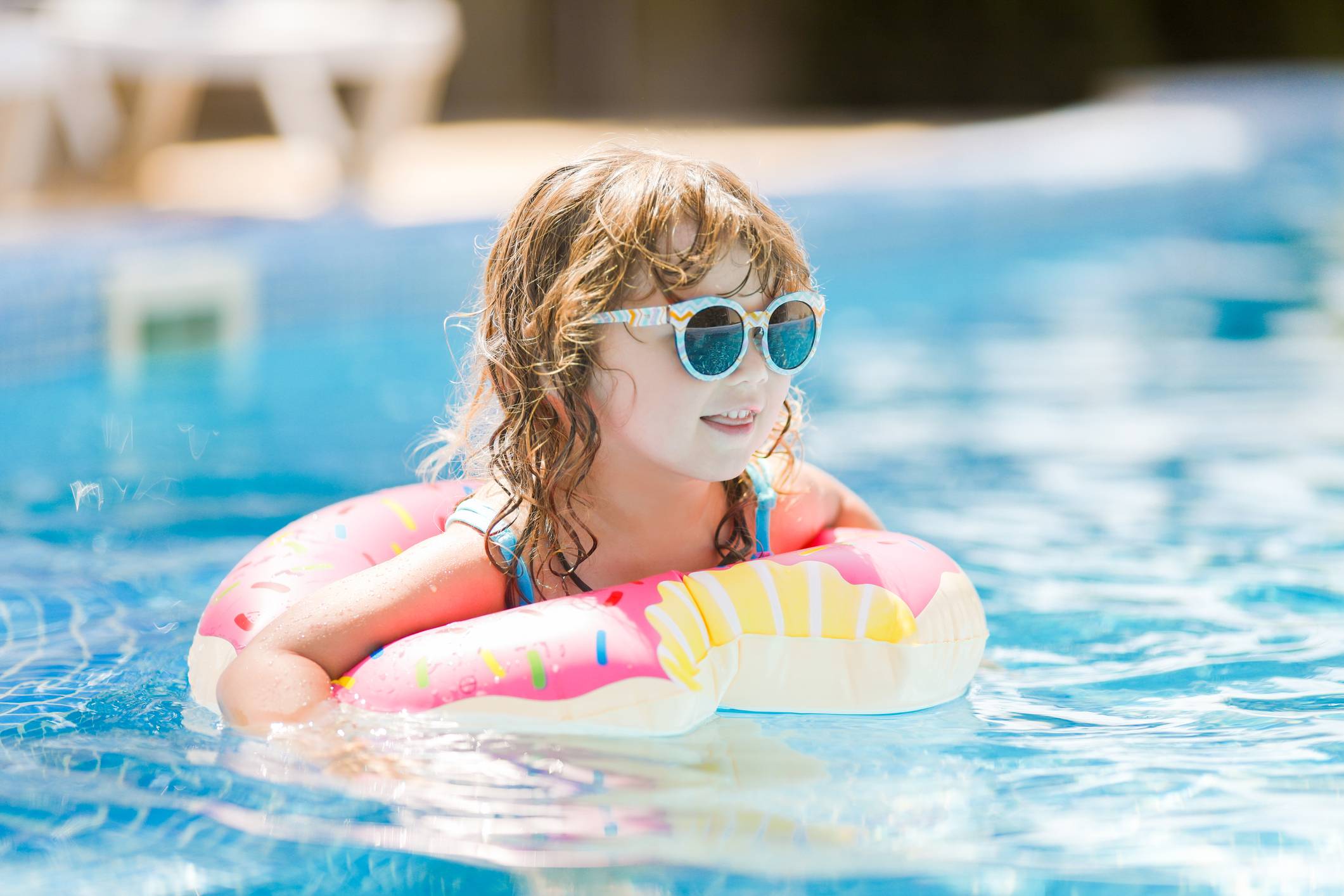
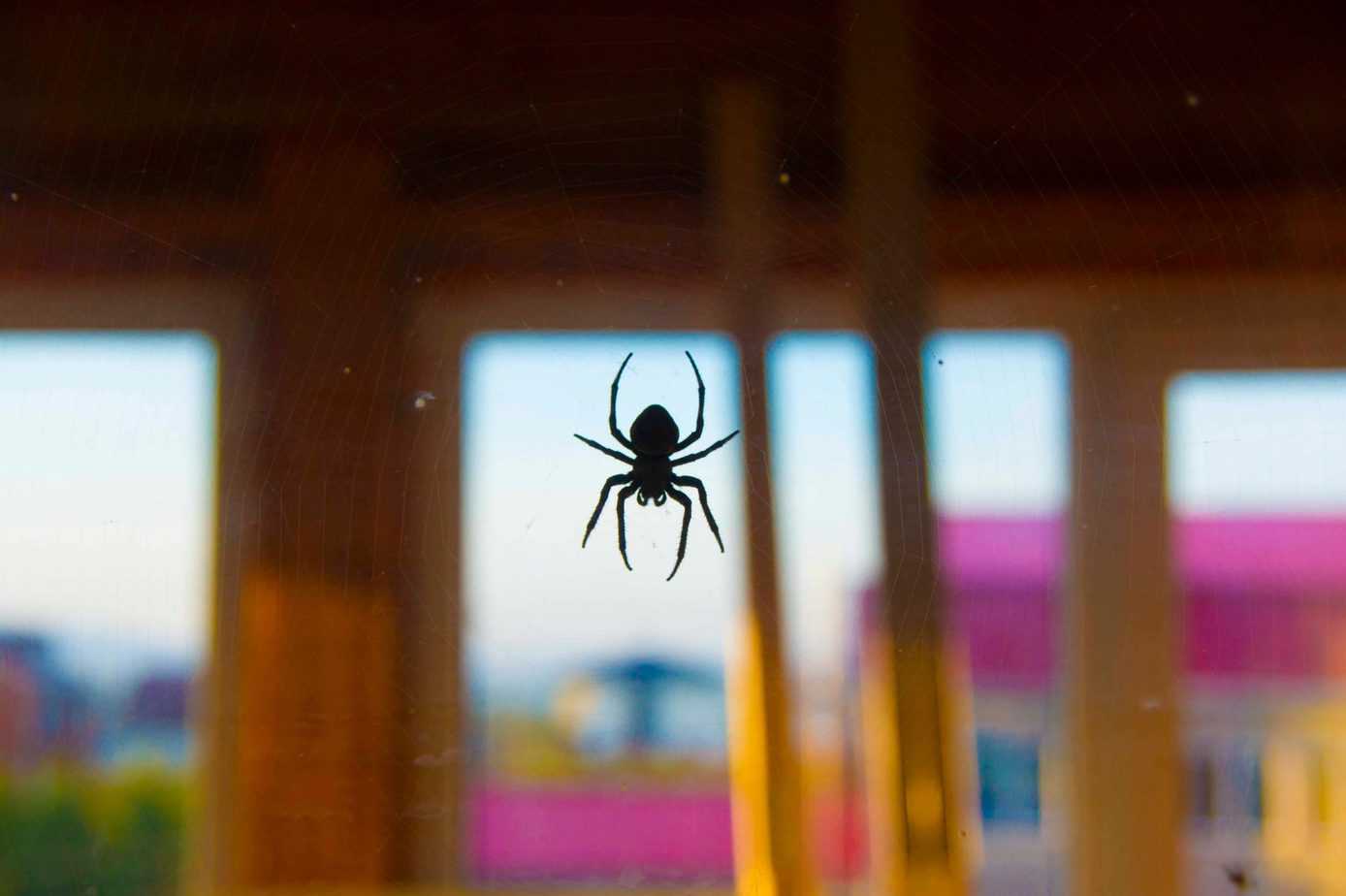
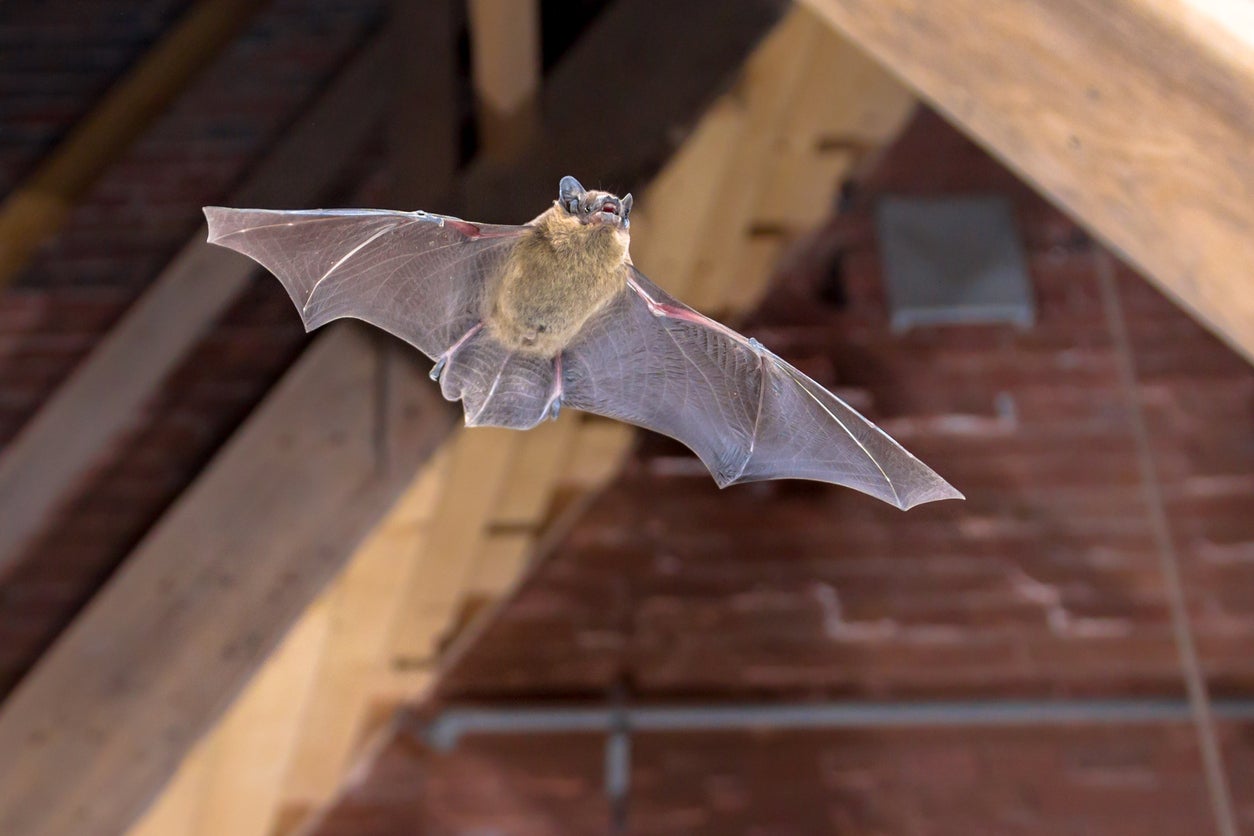
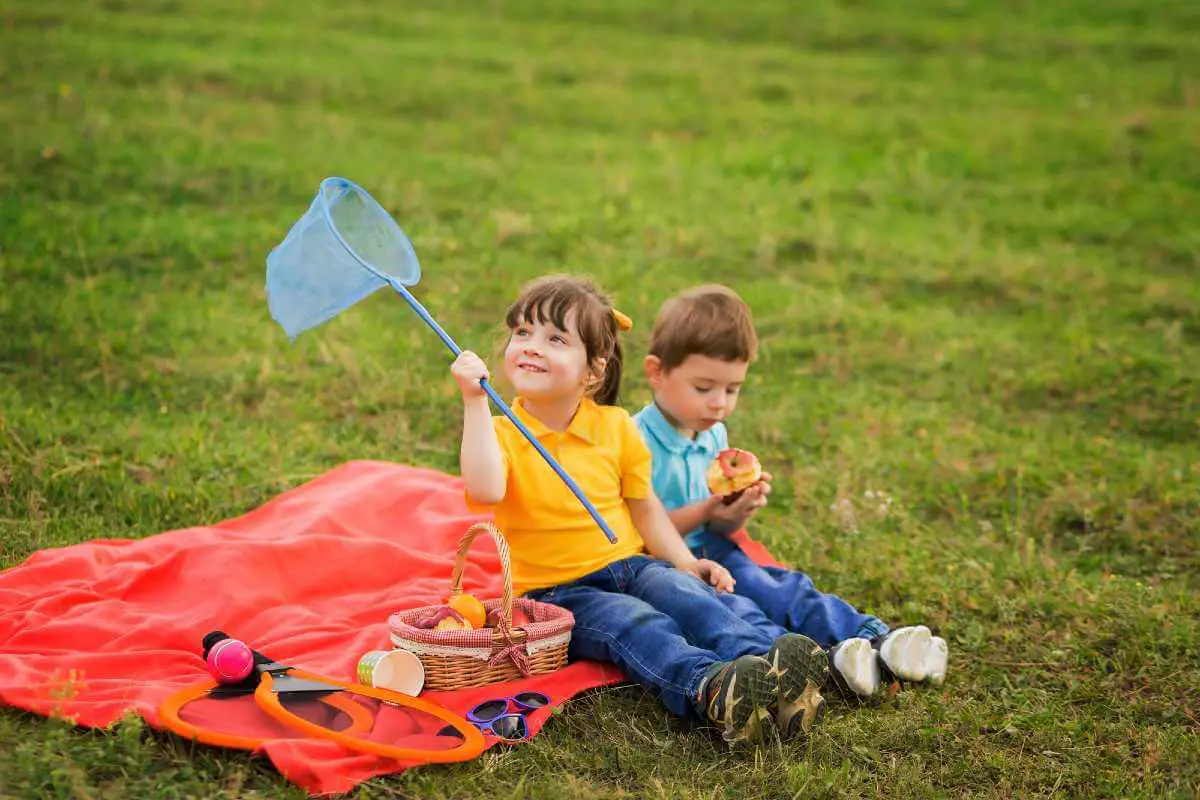
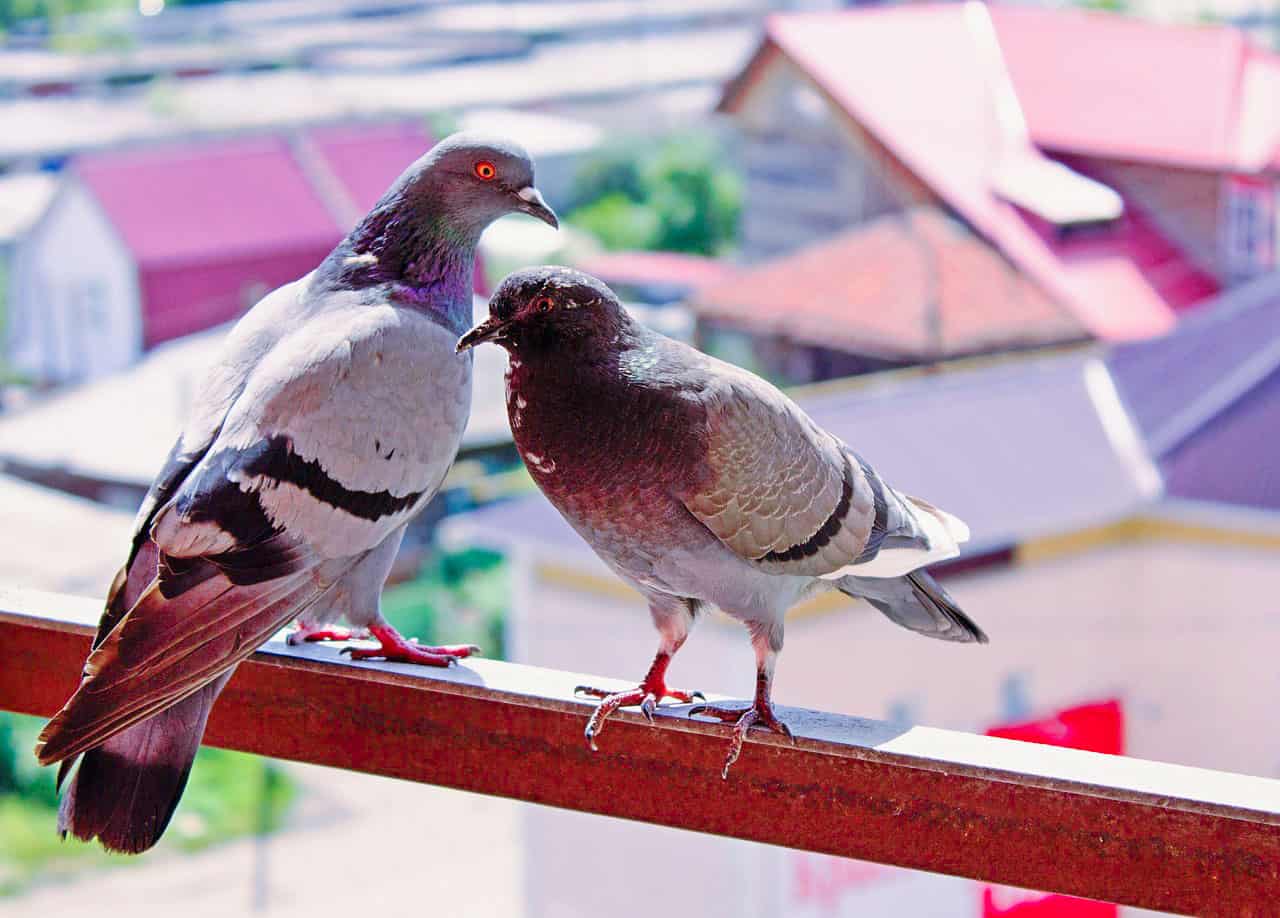
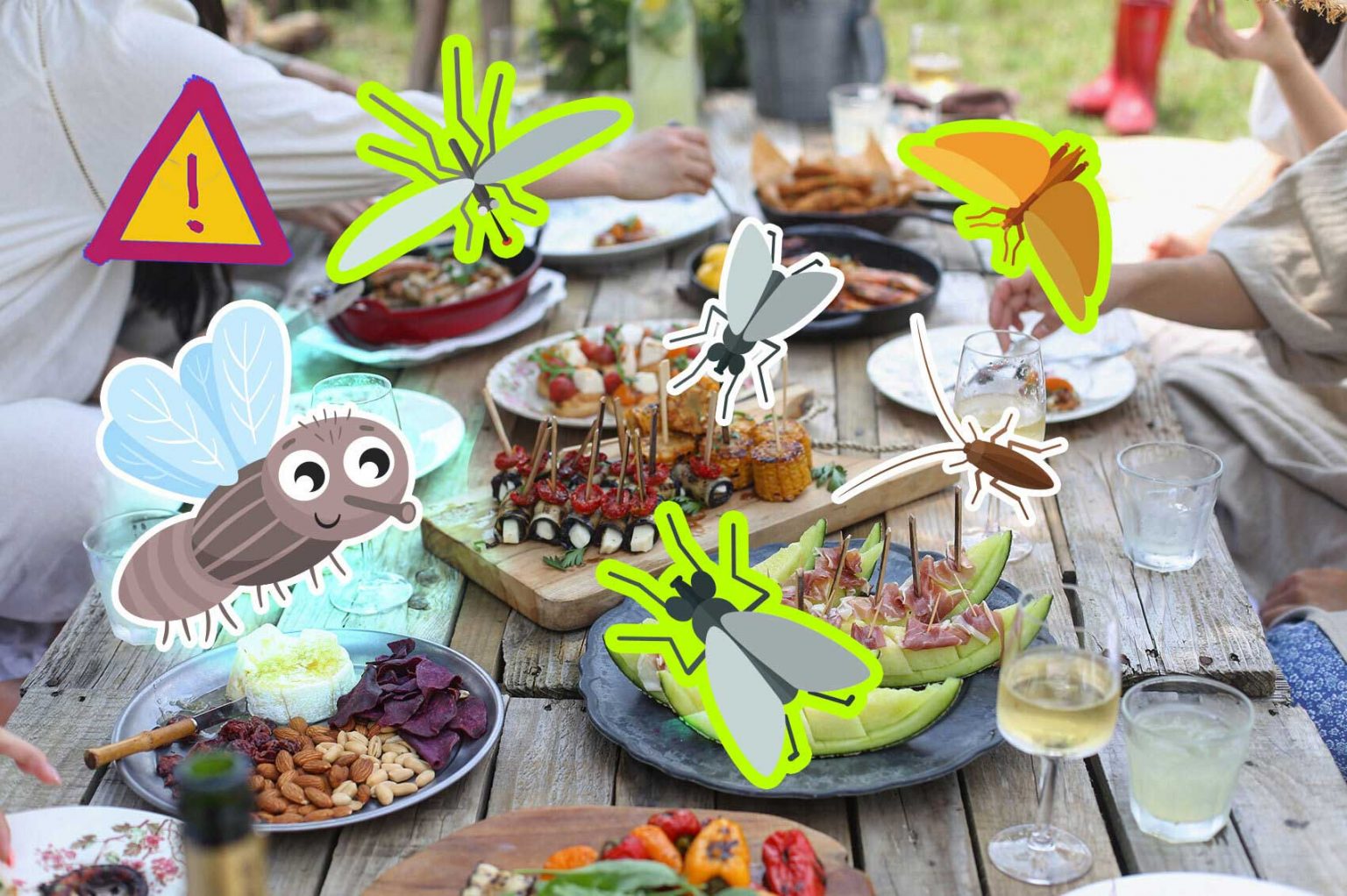
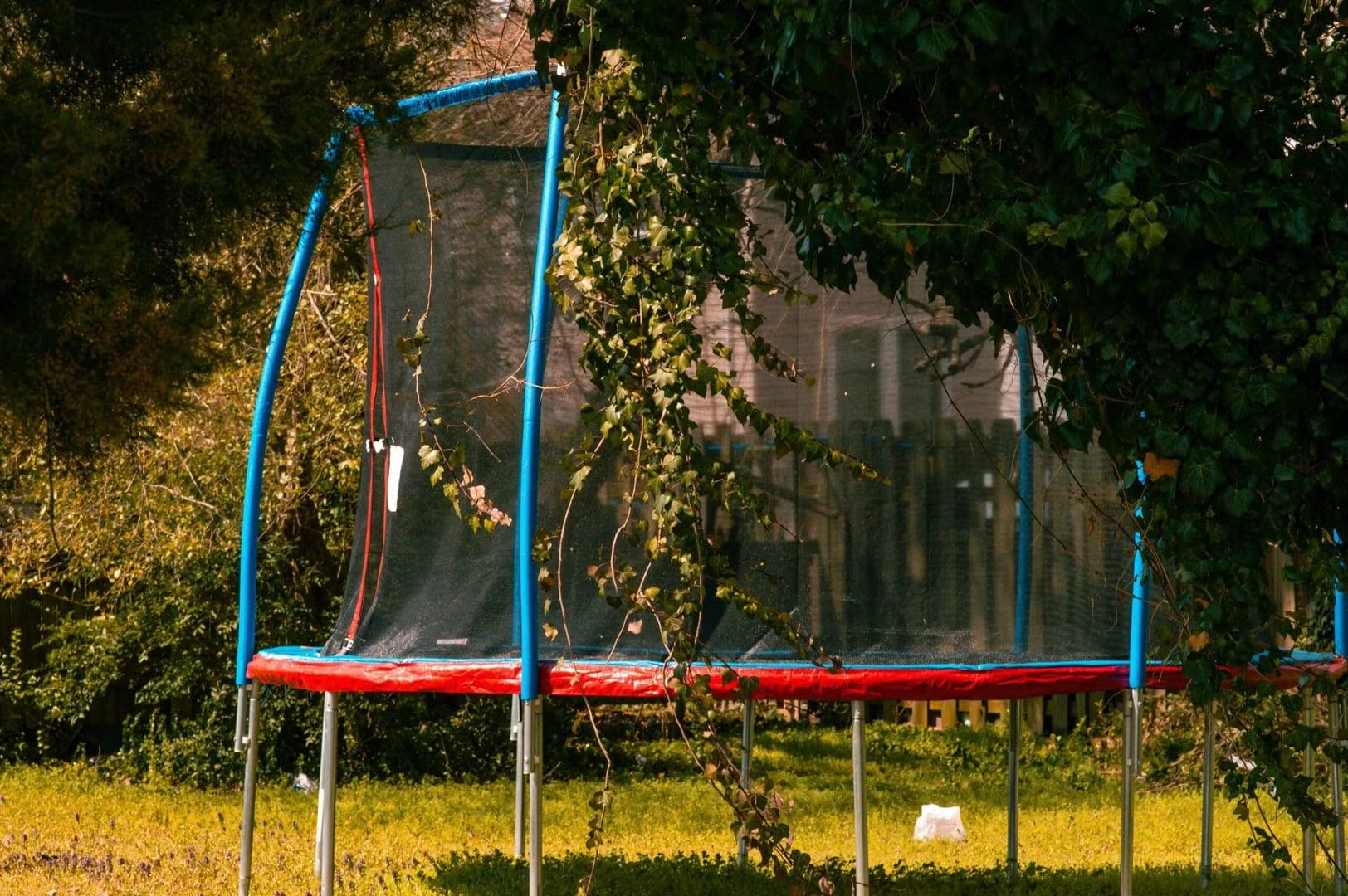
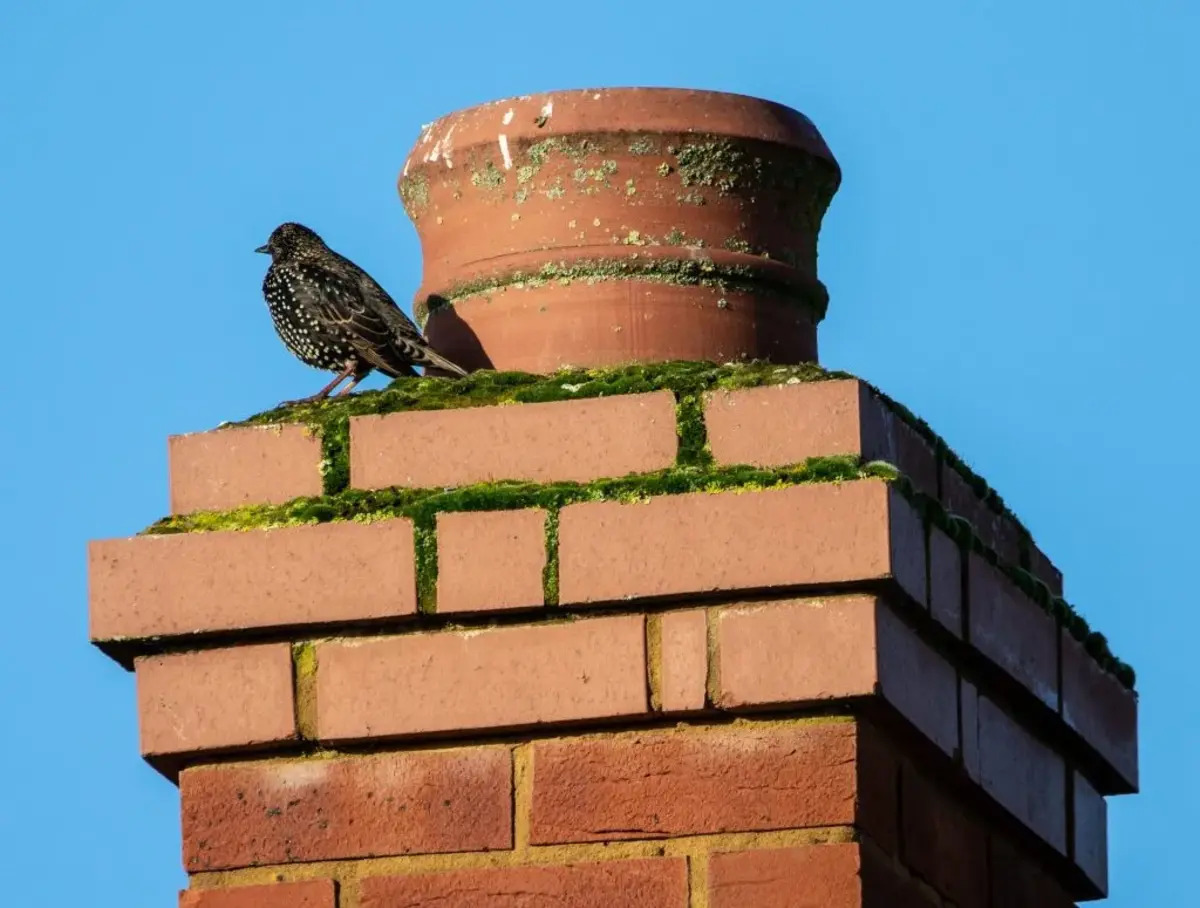
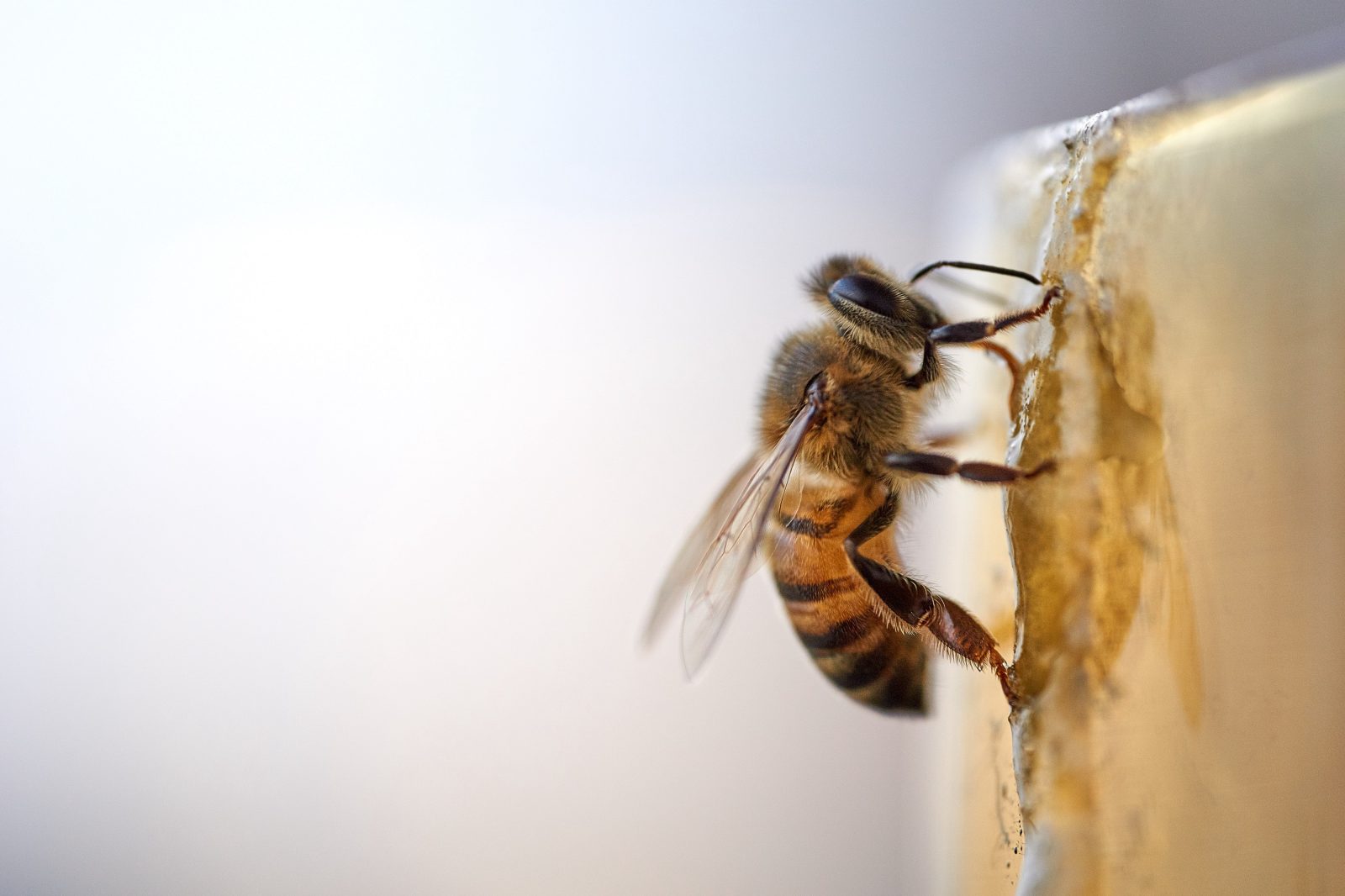
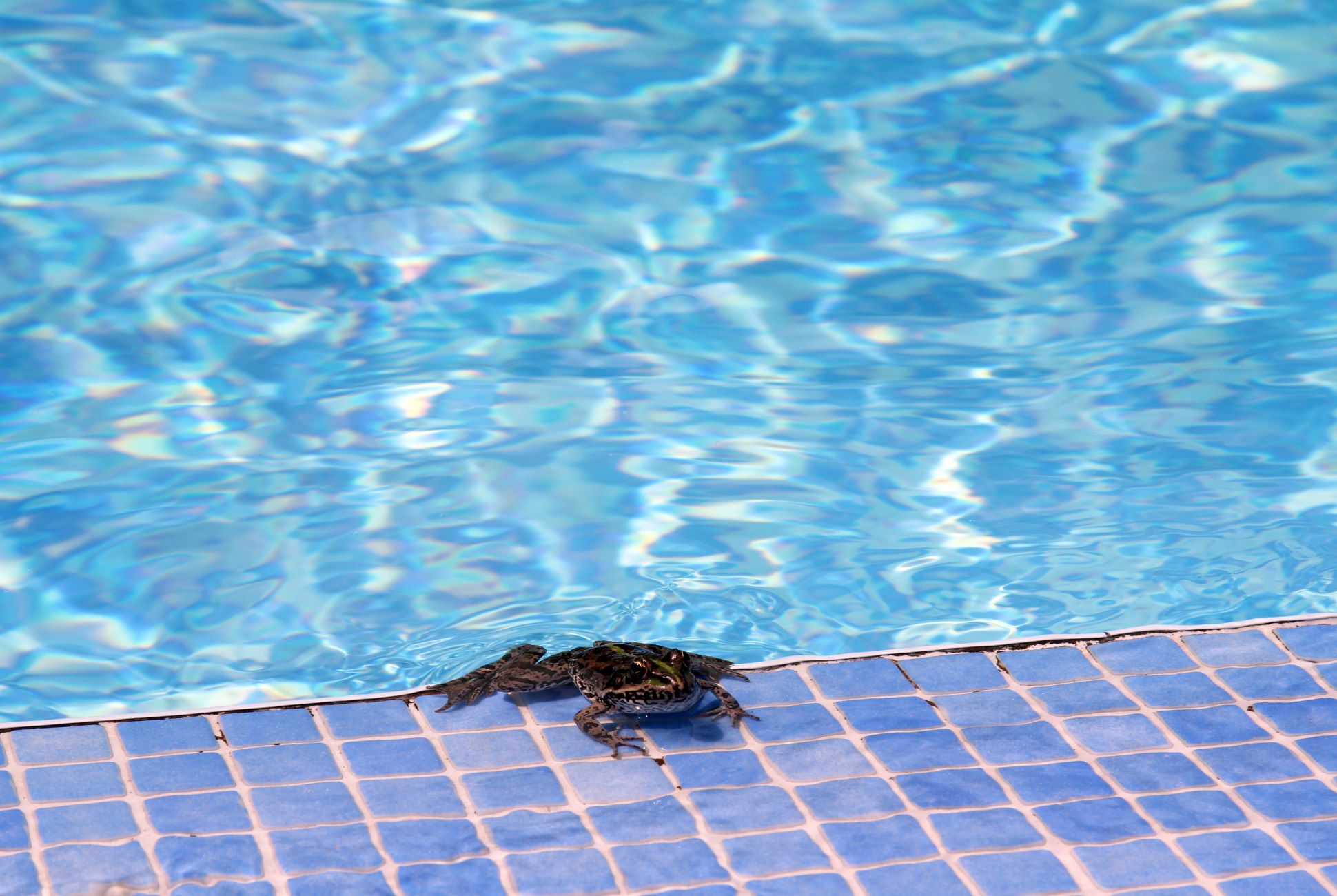
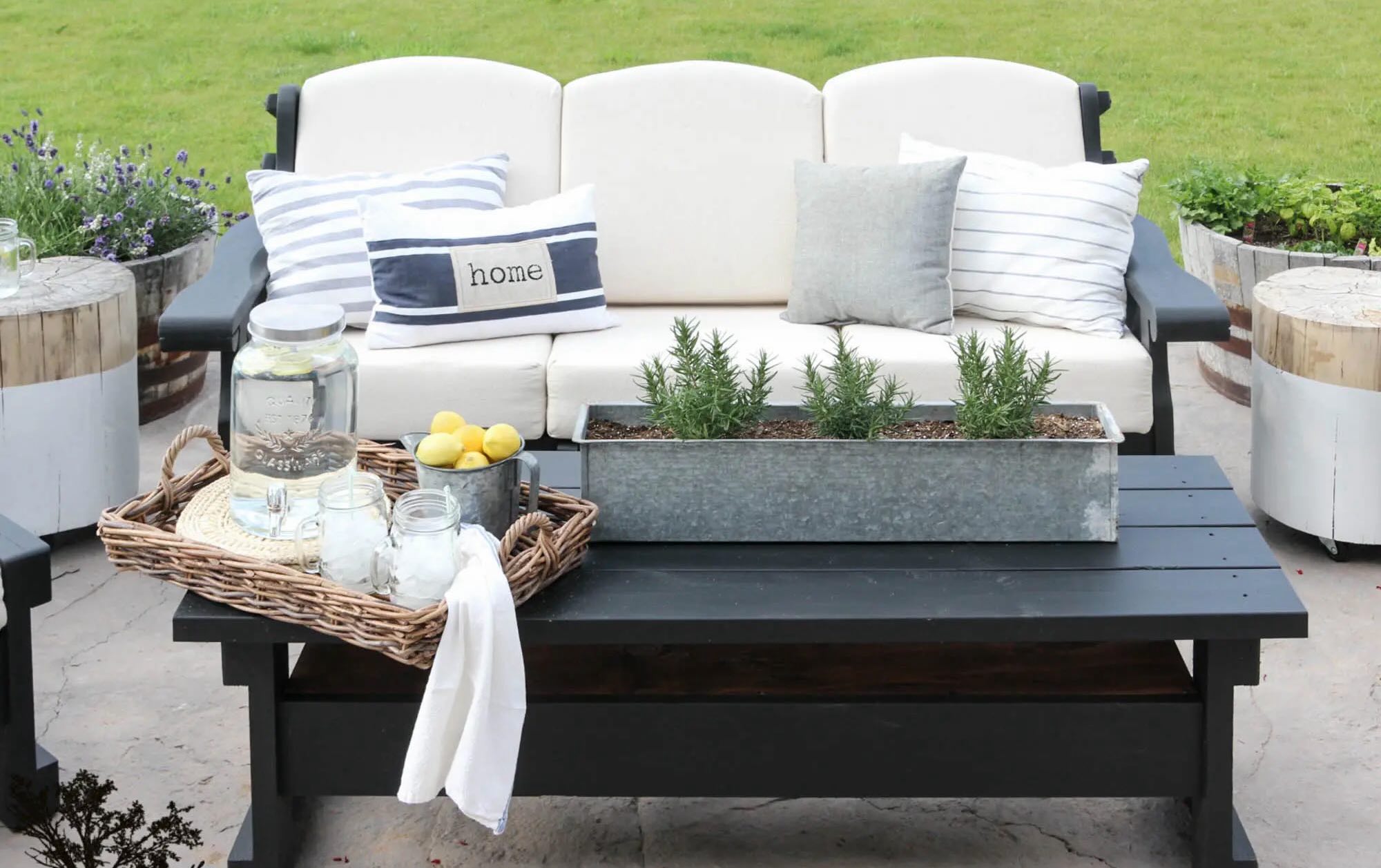

0 thoughts on “How To Keep Wasps Away From A Swimming Pool”